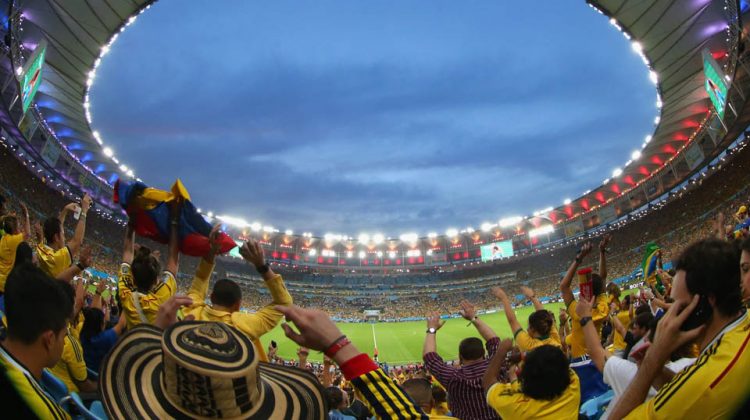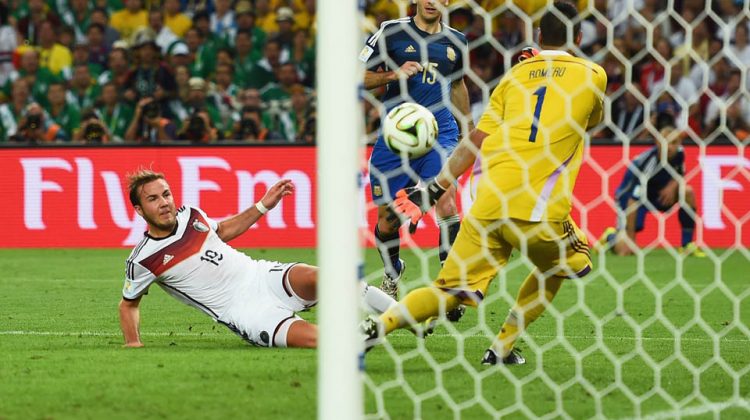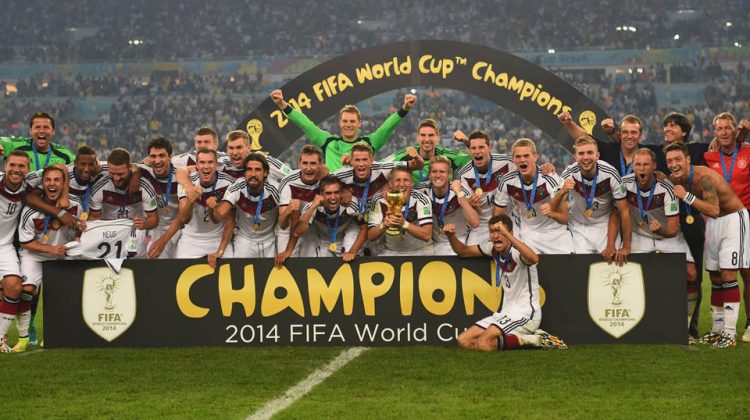- Client :FIFA WORLD CUP
- Category :Pamodzi Sports Marketing, Sports Hospitality
- Project Url :fifa.com
- Date :12/06/2014
About Project
The 2014 FIFA World Cup was the 20th FIFA World Cup, the quadrennial world championship for men’s national football teams organised by FIFA. It took place in Brazil from 12 June to 13 July 2014, after the country was awarded the hosting rights in 2007. It was the second time that Brazil staged the competition, the first being in 1950, and the fifth time that it was held in South America. Many fans and pundits alike also consider this edition of the World Cup to be one of the greatest ever held.
31 national teams advanced through qualification competitions to join the host nation in the final tournament (with Bosnia and Herzegovina as only debutant). A total of 64 matches were played in 12 venues located in as many host cities across Brazil. For the first time at a World Cup finals, match officials used goal-line technology, as well as vanishing spray for free kicks. FIFA Fan Fests in each host city gathered a total of 5 million people, and the country received 1 million visitors from 202 countries. Every World Cup-winning team since the first tournament in 1930 – Argentina, Brazil, England, France, Germany, Italy, Spain and Uruguay – qualified for this tournament. Spain, the title holders, were eliminated at the group stage, along with England and Italy. Uruguay were eliminated in the round of 16, and France exited in the quarter-finals. Host nation Brazil, who had won the 2013 FIFA Confederations Cup, lost to Germany 7–1 in the semi-finals and eventually finished in fourth place.
In the final, Germany defeated Argentina 1–0 to win the tournament and secure the country’s fourth world title, the first after the German reunification in 1990, when as West Germany they also beat Argentina in the World Cup final. Germany became the first European team to win a World Cup staged in the Americas, and this result marked the third consecutive title won by a European team, after Italy in 2006 and Spain in 2010.
Economic Impacts
- For a developing country, a mega event can be a huge benefit, as it accelerates the
speed with which infrastructure projects are approved. - Increase in Tourism in the fact that there will be an increase in the number of
visitors coming from other countries. - There will be social impact, the Brazilian government claims that there were USD 7.3 million invested in Pronatec Tourism, a governmental program that trained more than 160,000 Brazilian nationals to receive domestic and foreign tourists (João Saldanha Open Media Centre,
2014).







